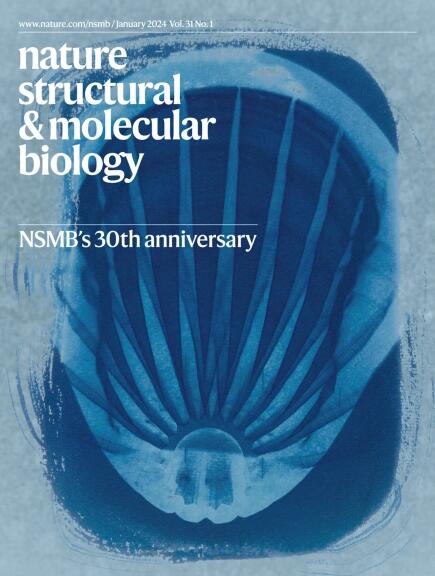Supporting structural biologists in Africa requires resources and capacity building
IF 12.5
1区 生物学
Q1 BIOCHEMISTRY & MOLECULAR BIOLOGY
引用次数: 0
支持非洲的结构生物学家需要资源和能力建设
结构生物学是现代科学的核心。它揭示了疾病过程的分子机制,促进了药物和疫苗的开发,并改进了现有的治疗方法。除了医疗保健,它在农业、生物技术、食品安全和环境可持续性方面也发挥着重要作用。因此,结构生物学是实现联合国可持续发展目标(SDG)不可或缺的一部分,包括良好的健康和福祉(SDG 3)、零饥饿(SDG 2)和清洁水和卫生(SDG 6)。最近,b谷歌DeepMind的Demis Hassabis和John Jumper共同获得2024年诺贝尔化学奖,以表彰他们在蛋白质结构预测和AlphaFold开发方面的开创性工作。他对蛋白质设计的开创性贡献,揭示了结构生物学对科学进步的核心作用。结构生物学在非洲尤其重要,因为该大陆面临重大的健康挑战,包括被忽视的疾病、传染病的沉重负担、干旱和缺乏清洁水。通过了解药物靶点(如疟原虫糖转运蛋白)的作用机制,研究人员可以创造出更有效的治疗方法1,2。类似地,对结核分枝杆菌酶的结构研究为针对耐药菌株的新疗法铺平了道路。疟疾寄生虫中氯喹抗性转运蛋白的结构帮助研究人员了解了寄生虫如何产生对氯喹的抗性。这一突破将有助于开发恢复氯喹治疗疟疾有效性的方法。结构生物学有助于疫苗设计,正如在COVID-19应对中所见4。在医疗保健之外,结构生物学技术还帮助解决了农业问题,如抗病作物、环境可持续性和用于环境修复的塑料降解。
本文章由计算机程序翻译,如有差异,请以英文原文为准。
求助全文
约1分钟内获得全文
求助全文
来源期刊

Nature Structural & Molecular Biology
BIOCHEMISTRY & MOLECULAR BIOLOGY-BIOPHYSICS
CiteScore
22.00
自引率
1.80%
发文量
160
审稿时长
3-8 weeks
期刊介绍:
Nature Structural & Molecular Biology is a comprehensive platform that combines structural and molecular research. Our journal focuses on exploring the functional and mechanistic aspects of biological processes, emphasizing how molecular components collaborate to achieve a particular function. While structural data can shed light on these insights, our publication does not require them as a prerequisite.
 求助内容:
求助内容: 应助结果提醒方式:
应助结果提醒方式:


